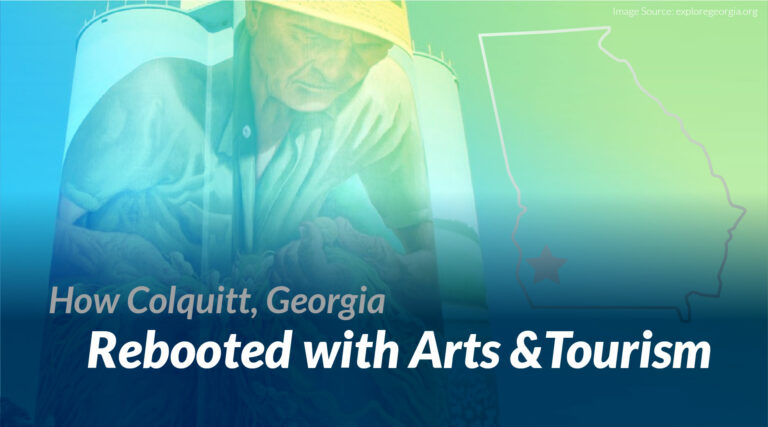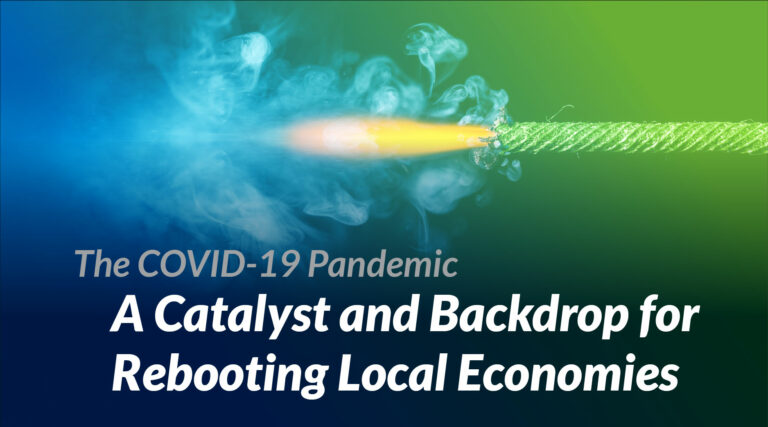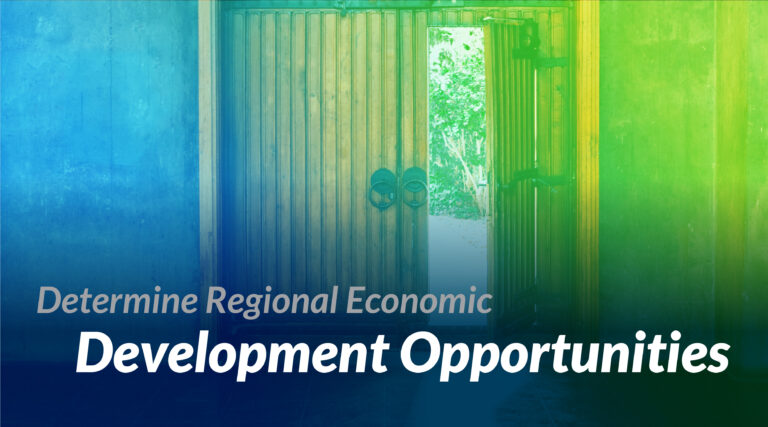Summary
Introduction
Robert Pittman, Founder and Executive Director of the Janus Institute
Tourism is a very important industry for many communities (sometimes the largest) but often it is not recognized as such because the impact is spread over different industries: retail, restaurant, lodging and related industries.
The COVID-19 crisis poses a special challenge for tourism promotion. Hospitality industries and workers have been devastated by the Coronavirus. Communities, regions and states want to restart these sectors, but they must weigh this against public health risks and the potential sentiment among residents that they do not want visitors now.
The impact of COVID-19 on the tourism/hospitality sectors and suggestions for coping and planning for the future is the subject of this webinar.
Moderator
Amanda Sutt, Creative Director and CEO of Rock Paper Scissors, a branding and marketing firm in Lawrenceville, Georgia and the Janus Institute’s partner in ProsperousPlaces.org.
Panelists
- Lisa Anders, Executive Director of Explore Gwinnett (Gwinnett County, Georgia)
- Stephen Sloan, Founder of Humane Leadership Institute and Board President of the Ashland, Oregon Independent Film Organization
Lisa Anders’ Introductory Comments
Being a suburban market out of Atlanta has helped mitigate the total impact of the Coronavirus compared to central downtown venues, but the impact in Gwinnett County is still very significant.
Explore Gwinnett’s role overnight changed to social service support informing and helping hotels, restaurants and other hospitality businesses cope with the crisis.
The tourism industry recovery in Gwinnett is only just beginning. Film production, a major industry in Gwinnett, ceased all operations, but hopefully will start back up in two to three months. The 13,000 seat Infinite Energy Arena in Gwinnett is currently dark. Some of the cancelled events have been rescheduled, but 4-5 months of bookings and revenues have been lost. The question is when will the public be comfortable being in an arena environment.
Stephen Sloan’s Introductory Comments
Ashland is a rural community on the Oregon/California border hours away from major West Coast urban areas. Ashland has successfully promoted its Shakespeare Festival that runs for nine months of the year and attracts approximately 120,000 visitors each year and supports hundreds of actors, musicians and other employees. The second largest tourism generator is the Ashland Independent Film Organization. The COVID-19 crisis completely shut down this Festival. The hospitality industry including retail, restaurants, wineries, etc. has been stopped in its tracks.
General Discussion
Like other economic development organizations, tourism and hospitality agencies can play a central role in informing the community about businesses that are closed and open, and how their hours, services and procedures have changed. The more the public is informed on these matters the more likely they are to patronize local establishments and help them survive the economic crisis. Tourism organizations can also help their hospitality and tourism partners apply for financial assistance.
Gwinnett County calls their recovery strategy “incrementalism.” They are going slow and steady to minimize the risks of more infections. The Ashland community is coming together to plot a similar strategy – to reopen as soon as practicable but avoid more infection and a backlash. Tourism agencies need to help residents and businesses understand the tradeoff between public safety and restarting the economy. In Ashland, restaurant taxes have declined by 80% and lodging taxes by 50%.
Ironically, a benefit of crises like COVID-19 can be drawing the community together to jointly face problems, and that community development spirit can endure afterwards. The crisis also increases the appreciation of local businesses to residents, and improves the “shop local” attitude. Tourism and economic development agencies should build on these benefits for the future.
Tension over closings is rising in many smaller communities like Ashland where Covid cases are not as prevalent. Communities and states have to realize that “one size does not fit all.”
Standards such as those from the American Hotel and Lodging Association can help guide businesses in re-opening and help them avoid liability claims.
Ashland and Gwinnett County have not yet really begun to think about post-COVID-19 tourism messages as they are still in the damage control mode. However, the panelists believe that new tourism messages should emphasize the “joy of living” and returning to normal as much as possible, while always emphasizing that safety standards are being adhered to. However, safety should not be the predominant message and override the “come have fun with us” message.
Visitors centers may have a unique issue in reopening because visitors center patrons tend to be older persons that are more vulnerable to infection. A participant mentioned that her visitors center is putting some of their brochures and merchandise in plastic sealed bags and including small samples of hand sanitizer.
Some civic arts organizations are getting help from foundations that are allowing grants to be used for business continuity, and local civic support can bolster this effort.
The Ashland Independent Film Festival has changed to solely online, and hopes to actually increase its revenues.
The COVID-19 crisis can have an unexpected benefit of encouraging communities to think about future strategies for economic development and how to improve major tourism engines. The crisis can help focus attention on planning for the future and creating a vision with goals and action steps for the community’s future.
Two slogans that can be useful coming out of the COVID-19 crisis are “hope for the best but plan for the worst” and “if it ain’t broke, its going to be, so start figuring how you are going to fix it.” COVID-19 creates incredible uncertainty for tourism and economic development because nobody knows when people are going to be comfortable traveling and being in public settings with larger groups.
The Janus philosophy of sharing and hosting peer learning opportunities is even more critical in this time of crisis.
![2021 Prosperous Places Logo [TM]](https://www.prosperousplaces.org/wp-content/uploads/2021/02/20210205_JI_PPTM-Logo.png)






